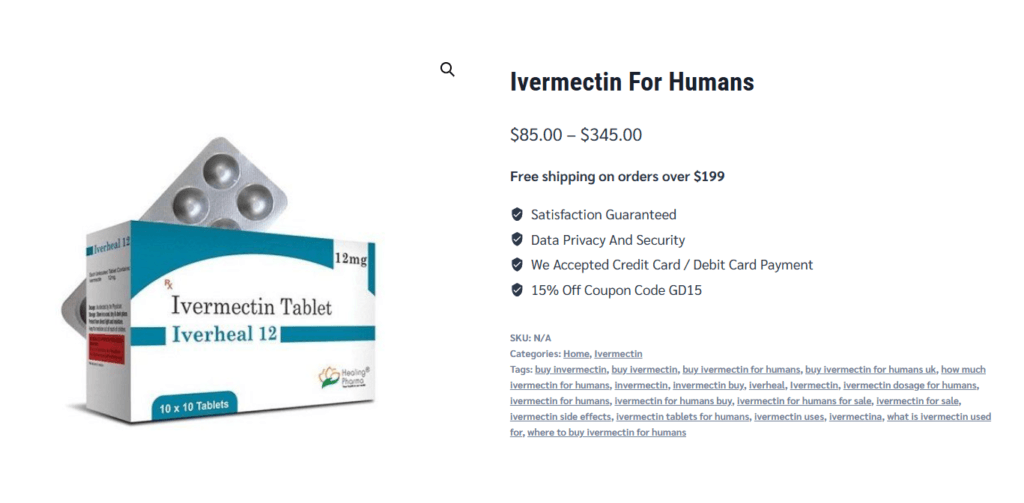In recent years, ivermectin has gained significant attention, primarily for its use in treating parasitic infections and its controversial off-label use for other conditions. Amid this attention, some discussions have emerged about its potential link to dementia. This blog aims to provide a clear, evidence-based perspective on this topic to separate fact from speculation.
What is Ivermectin?
Ivermectin is an FDA-approved antiparasitic medication that has been used for decades to treat conditions such as river blindness (onchocerciasis), scabies, and strongyloidiasis. It has a well-documented safety profile when used as prescribed. In recent years, its potential antiviral properties have been explored, although not without controversy.
What is Dementia?
Dementia is an umbrella term for a range of neurological conditions characterized by cognitive decline severe enough to interfere with daily life. The most common form is Alzheimer’s disease, but other types include vascular dementia, Lewy body dementia, and frontotemporal dementia. The exact causes of dementia are complex and multifactorial, often involving genetics, lifestyle, and environmental factors.
Exploring the Potential Link Between Ivermectin and Dementia
Current Evidence
- Preclinical Studies: Some laboratory studies have examined the neurological effects of ivermectin. These studies suggest that ivermectin can cross the blood-brain barrier, potentially affecting neurological function. However, this primarily occurs at doses much higher than those used therapeutically.
- Clinical Observations: There is currently no robust clinical evidence linking ivermectin use at therapeutic doses to an increased risk of developing dementia. Reports of neurological side effects, such as confusion or dizziness, are rare and typically associated with overdosing or misuse.
- The Blood-Brain Barrier: Ivermectin’s interaction with the blood-brain barrier is of particular interest. In rare cases where the barrier is compromised (e.g., due to injury or illness), ivermectin could potentially have increased neurological effects. This raises questions about its long-term impact on brain health, but more research is needed.
Potential for Misinterpretation
- Anecdotal reports or individual cases of cognitive decline following ivermectin use have fueled speculation about a connection to dementia. However, such cases lack the controlled conditions necessary to establish causation.
- Misuse of ivermectin, especially at doses not intended for human use (e.g., veterinary formulations), can lead to severe side effects, including neurological symptoms. These cases should not be conflated with normal, prescribed use.
What Do Experts Say?
The medical community stresses the importance of distinguishing between scientifically validated information and speculation. Regulatory agencies like the FDA and WHO continue to monitor ivermectin’s safety profile, including its neurological effects.
Ongoing Research
- Studies are being conducted to understand ivermectin’s effects on the nervous system and its potential therapeutic uses for neurological conditions. Some researchers are even exploring its role in reducing inflammation, which could theoretically benefit brain health.
- Large-scale, long-term studies are necessary to conclusively determine whether there is any link between ivermectin and dementia.
Key Takeaways
- No Proven Link: At present, there is no scientific evidence to support a direct link between ivermectin use and the development of dementia.
- Safety First: Always use ivermectin as prescribed by a qualified healthcare provider. Misuse or overdose can lead to serious side effects, including neurological issues.
- Stay Informed: Follow reputable sources and peer-reviewed research for updates on this topic.
Final Thoughts
The intersection of ivermectin and dementia is a topic that requires careful consideration and more research. While the current evidence does not support a direct link, it’s crucial to approach such discussions with an open yet critical mind. As science evolves, so too will our understanding of how medications like ivermectin interact with the brain and overall health.







